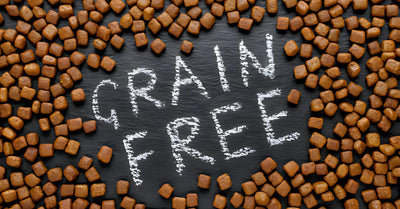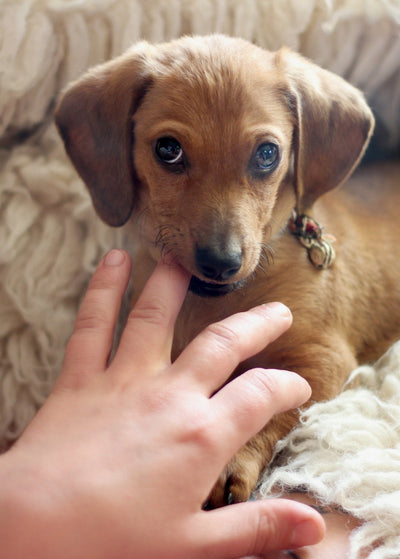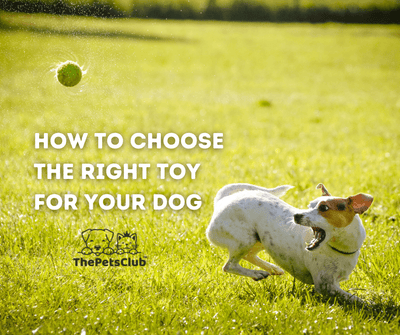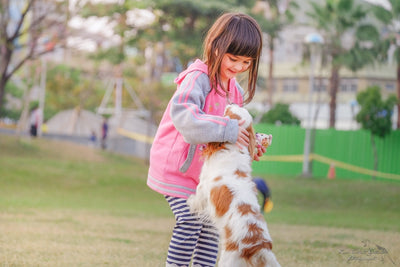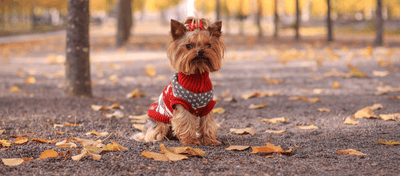 Spend AED 100 more for Free Shipping!
Spend AED 100 more for Free Shipping!
Can dogs detect COVID-19 ?

Could Our Furry Friends Sniff Out COVID-19?
In our ongoing struggle against COVID-19, the importance of mass testing to avoid successive waves that may drive regions or entire countries into renewed lockdowns cannot be overemphasised. However, the challenges of conducting tests on a large scale are well-known. This has led to a search for alternative, reliable methods to stem the spread of the disease. As we delve into this, we uncover the fascinating potential that our canine companions may hold.
Doggedly Fighting COVID-19
In the wake of the global pandemic, the accuracy of dogs in detecting asymptomatic COVID-19 cases has piqued the interest of researchers worldwide. As authors Pirrone and Albertini (2017)* suggest, the efficiency of canine olfactory detection in diverse situations - including the early diagnosis of human diseases - has been proven.
The Olfactory Proficiency of Dogs
The canines' sense of smell has been leveraged in numerous circumstances from explosives and drug detection to predicting imminent health crises for diabetics and epileptics. If shown to be precise and consistent, our four-legged friends could be a vital asset in our battle against the spread of COVID-19.
Unleashing the Power of Canine Detection
A detection dog usually undergoes a rigorous four-stage training process before it can start sniffing out a new scent in real-world scenarios: Stage One: The scent is introduced on a piece of cloth or in a tube. The dog plays with it until it recognises the object's associated scent. Stage Two: As the dog observes, the scent-carrying object is hidden in an easy-to-find location and then in more difficult areas, always encouraging the dog to locate it through positive reinforcement. Stage Three: Now the object with the desired scent is concealed in an unreachable place, without the dog witnessing where it's hidden. The dog is then commanded to find the object and trained to indicate when it senses the desired odour. Stage Four: Finally, the dog learns to seek the scent without the associated object.
Detection Dogs in the Fight Against COVID-19
Worldwide, research efforts are underway to train dogs to detect COVID-19. For instance, the Nosais Project at France's Alfort Veterinary School, headed by Professor Dominique Grandjean and Clothilde Lecoq, is examining the feasibility of training dogs frequently used in other substance detection tasks. The first phase of their programme involves training dogs to sniff human sweat samples to ascertain if they can distinguish the sweat odour of COVID-19 positive individuals from COVID-19 negative persons. Encouragingly, the preliminary findings suggest strong evidence of dogs' ability to detect individuals infected with COVID-19 (Grandjean et al., 2020)**.
What Makes a Good Detection Dog?
Detection dogs, with their rich history of service, ideally display energy, dynamism and a playful disposition. This is because multiple searches each day can be physically demanding. What makes dogs particularly adept at detecting COVID-19 is their extraordinarily powerful sense of smell, which far exceeds human capabilities. The study's participants already possessed skills in detecting items like explosives, banknotes, disaster zones and diseases, including colon cancer. However, dogs with a history of drug detection were excluded, as the risk of residual traces of prohibited substances could affect the results (Grandjean et al., 2020)**. Belgian Shepherds, German Shepherds, and Labradors are popular choices as detection

 Facebook
Facebook